Jenny Grant Rankin, Ph.D.
Dr. Rankin is a Mensan with 2 doctorates (a PhD in Education and an L.H.D.) who has been honored by the White House for her work. She is a former Fulbright Specialist for the US Department of State who has authored 14 books, writes an online column for Psychology Today, and lectured/taught at institutions like the University of Cambridge, the University of Oxford, and Columbia University. She keynotes large conferences and is always happy to share input and soundbites for journalists' projects related to research dissemination, knowledge sharing, data, motivated reasoning, and education. Press/media can email Dr. Rankin by clicking the button above.
Dr. Rankin’s many media appearances include ABC News, British Broadcasting Corporation (BBC), Business Insider, BuzzFeed News, CBS News, CNN, CTV News, Forbes Magazine, Fox News, Good Housekeeping, HuffPost (Huffington Post), IDN Times, The Los Angeles Times, MSN, National Public Radio (NPR), NBC News, Newsweek, The New York Times, Nonfiction Authors Association (NFAA), O: The Oprah Magazine, The Orange County Register, PS (PopSugar), Reader’s Digest, The San Diego Union-Tribune, The Seattle Times, The Sun, Sunday Star-Times, Telemundo News, U.S. News & World Report, The Wall Street Journal, and The Washington Post, congressional testimonies to inform legislation, her own writing for publications like Psychology Today (for which she writes a column), award appearances at the United States White House and other venues, her keynote and TED appearances, her book signings, and many others.
Dr. Rankin’s media appearances include:
This press kit (located at www.JennyRankin.com/press) contains the author’s:
Contact Information
Dr. Jenny Grant Rankin can be reached via email at drjrankin@gmail.com or via form at www.jennyrankin.com/contact. Her phone number and address can be provided upon request.
One-Sheet
Bio
Dr. Jenny Grant Rankin is a former Fulbright Specialist for the U.S. Department of State who has lectured at such institutions as the University of Cambridge (PostDoc Masterclass), the University of Oxford (St. Anne's College), and Columbia University (for its SAFElab research initiative). She lives in Laguna Beach, California writing award-winning books (14 so far) and over 200 papers and articles relating to research dissemination, knowledge sharing, data, and education. Dr. Rankin has 2 doctorates (a Ph.D. in Education, as well as an honorary doctorate L.H.D) and is an award-winning educator with previous experience as a K-12 teacher, teacher on special assignment, assistant principal / school administrator, district administrator, and chief education & research officer (CERO).
Dr. Rankin's many media appearances include ABC News, British Broadcasting Corporation (BBC), Business Insider, CBS News, CNN, CTV News, Forbes Magazine, Fox News, Good Housekeeping, HuffPost (Huffington Post), The Los Angeles Times, MSN, National Public Radio (NPR), NBC News, Newsweek, The New York Times, Nonfiction Authors Association (NFAA), O: The Oprah Magazine, The Orange County Register, PS (PopSugar), Reader’s Digest, The San Diego Union-Tribune, The Seattle Times, The Sun, Sunday Star-Times, Telemundo News, U.S. News & World Report, The Wall Street Journal, and The Washington Post, and others. She is a seasoned keynote/plenary speaker who presents her research findings regularly (over 250 speeches so far) for organizations like the American Educational Research Association (AERA), U.S. Department of Education, and U.S. Department of Health & Human Services. She has contributed Congressional testimonies to inform policy and frequently presents internationally (e.g., her TED Talk, which began as a TEDxTalk at TEDxTUM before spending a few years on TED.com). She also presents at mainstream events, such as serving as a panelist (on Mensa panels concerning science and research) at International Comic-Con. Dr. Rankin writes an ongoing blog column for Psychology Today. and her work has appeared in many other magazines and journals. She is an active member of Mensa and serves on multiple advisory boards.
Dr. Rankin’s many honors include winning Teacher of the Year and being honored multiple times by the US White House for her contributions to education, and the American flag was flown over the US Capitol Building in honor of Dr. Rankin and her dedication to students. Details on Dr. Rankin's specific accomplishments are detailed in her CV (at www.JennyRankin.com/bio).
Media Appearances
In addition to the appearances Dr. Rankin makes in publications for which she writes (see www.JennyRankin.com/publications) and events at which she speaks (see www.JennyRankin.com/speeches), Dr. Rankin's many media appearances include:
ABC News
British Broadcasting Corporation (BBC)
CBS News
Comic-Con
CNN
CTV News
Forbes Magazine
Fox News
GB News: Britain’s News Channel
Good Housekeeping
HuffPost (formerly Huffington Post)
Mensa
National Public Radio (NPR)
NBC News
Newsweek
Nonfiction Authors Association
O: The Oprah Magazine
The Orange County Register
Psychology Today
Reader’s Digest
The San Diego Union-Tribune
The Seattle Times
The Sun
Sunday Star-Times [New Zealand]
Telemundo News
U.S. News & World Report
The Wall Street Journal
The Washington Post
…and many others. She also writes an ongoing column for Psychology Today. Details on each specific media appearance can be found at www.JennyRankin.com/media.
Press Release for Recent Book
Dr. Jenny Grant Rankin's 12th book (of 14), Increasing the Impact of Your Research: A Practical Guide to Sharing Your Findings and Widening Your Reach, was published by Routledge/Taylor & Francis and released May, 2020. This highly practical guide helps researchers in all fields share their findings, knowledge, and ideas effectively and beyond typical silos. By pursuing the recommendations in this book, researchers can increase the exposure of their work to increase impact. Chapters cover the most effective ways to share readers’ research, such as:
social media (maximizing exposure and branding, leveraging time-saving tools)
media (landing interviews and contributing to public dialogue)
writing (landing book deals and succeeding in key writing opportunities)
speaking (giving TED Talks, delivering conference keynote presentations, appearing on NPR, etc.)
connecting (networking, influencing policy, etc.)
honors (winning awards and recognition to expand your platform)
Rich in tips, strategies, and guidelines, this book also includes clever “fast tracks” and downloadable eResources that provide links, leads, and templates to help secure radio broadcasts, podcasts, publications, conferences, awards, and other opportunities.
AWARDS
This book was just released and has not yet been entered for any awards, but Dr. Rankin’s previous book (which was very similar: on the same topic but written for those in the education field) was honored by the Society of Professors of Education (SPE) with the 2019 “Outstanding Book Award” Honorable Mention, presented to Dr. Rankin as the 2019 American Educational Research Association (AERA) Annual Meeting.
TO PURCHASE THE BOOK
The book is available from popular sellers like Adlibris, Amazon (including Amazon Australia, Amazon Brazil, Amazon Canada, Amazon China, Amazon France, Amazon Germany, Amazon India, Amazon Italy, Amazon Japan, Amazon Mexico, Amazon Netherlands, Amazon Singapore, Amazon Spain, Amazon United Kingdom, Amazon United Arab Emirates, and Amazon United States), Australian Council for Educational Leaders (ACEL), Barnes & Noble, Bokus, The Book Depository, Booktopia, Browns Books for Students, Dymocks, GoodReads, Google Books, IndieBound, Krisostomus, Loot, Routledge/Taylor & Francis (the book’s publisher), and Waterstones.
Excerpt from Recent Book
The book’s front matter (Preface, Meet the Author, etc.) and first chapter ("Evolution of the Researcher for Modern Times") can be viewed here.
Marketing Plan for Recent Book
The publisher of each of Dr. Rankin’s books developed a marketing plan for it. Most of Dr. Rankin’s books (including her 14th, most recent book) were published by Routledge/Taylor & Francis. General information on its marking plan can be found at www.routledge.com/resources/authors, whereas details on its specific marking plan include:
As the world’s largest academic publisher in the Humanities and Social Sciences, Routledge/Taylor & Francis uses its offices in the UK, Europe, US, Australia, and Asia – including editors, printers, sales teams, and distributors – to maintain a strong international presence and propel the book’s exposure.
Information about the book is fed to major distributors globally even before publication. This includes Amazon, Ingrams, Baker & Taylor, and Nielsen Book Data (which in turn feeds smaller booksellers and distributors). This ensures that the book appears on bookselling sites globally, and is promoted by partners to libraries worldwide.
Routledge/Taylor & Francis uses its editorial, marketing, foreign rights, and sales teams to ensure the book has the right exposure.
Routledge/Taylor & Francis continues to forge new relationships in emerging markets.
Routledge/Taylor & Francis leverages social media, journalist contacts, news outlets, and other avenues to promote the book.
Routledge/Taylor & Francis maintains long-standing relationships with institutions to secure the book’s place in new courses, universities, and professional development providers.
The book is included in catalogues which are distributed globally by Routledge/Taylor & Francis’s sales teams. This includes their ‘New Books’ quarterly catalogue and subject-specific catalogues, which are used by the sales teams to make customers aware of titles in their areas of interest. This ranges from large-scale booksellers and distributors working across many different areas, to specialized bookshops, libraries or organizations that focus on a particular discipline.
Routledge/Taylor & Francis publishes across the whole spectrum of the Humanities, Social Sciences, and Behavioral Sciences, with 3,500 new titles per year across disciplines. Its lists include both classic and cutting-edge content, mainstream and niche – from research monographs and handbooks to textbooks and books for professionals working in a range of sectors, and its growing journals program includes more than 1,800 journals, meaning Routledge/Taylor & Francis is truly a full-service provider for the academic community. These qualities allow Routledge/Taylor & Francis to cross-promote the book.
Since it was published by Routledge/Taylor & Francis, the book has become part of an exceptional list that includes books by many of the greatest thinkers and scholars of the past hundred years, as well as great contemporary minds. Publishing since the early twentieth century, Routledge/Taylor & Francis’s current publishing program encompasses the liveliest texts and the best in research.
Routledge/Taylor & Francis uses the latest technology, so the book was produced efficiently, quickly, and attractively, with in-house production and design teams alongside key partnerships with external partners. These qualities enhance the book’s quality and marketability.
As the industry rapidly evolves, Routledge/Taylor & Francis is committed to staying ahead of the curve – for example, with its additional digital publishing abilities (so the book was published not only in paperback and hard cover, but also as an e-book), Routledge/Taylor & Francis has invested in a range of innovative new ways of delivering the highest quality content to its markets, from eBooks and Companion Websites to platforms like Routledge Handbooks Online, open access options, strategic partnerships, and important projects such as how to maximize the discoverability of academic content in the new digital environment.
Routledge/Taylor & Francis regularly notified the author of - and recommends the author for - media interviews and other opportunities for the author’s and the book’s increased exposure.
Routledge/Taylor & Francis’s marketing department is focused on particular customer segments so that they can match the content and services to the customer’s needs and interests. They have dedicated teams focused on academic faculty, libraries, professional markets and the corporations and other organizations where they work. Key activities include the promotion of print and online resources to librarians, increasing the use of textbooks by instructors and students, and working with organizations to support professional and personal development.
Reviews of Recent Book
Reviews of Dr. Rankin’s upcoming book will be added here as soon as they are released. Meanwhile, here are reviews of one of Dr. Rankin’s previous books (which was very similar: on the same topic but written for those in the education field):
“[Sharing Your Education Expertise with the World] is packed with great ideas and helpful tips, hints, and resources for any educator who wants to widen her/his sphere of influence and/or move their career to the next level. Moreover, Rankin uses her uniquely empathic, supportive, kind, humorous, and sometimes engagingly nerdy* voice to rejuvenate, energize, inspire, and maybe even cajole readers to believe they can and should share their expertise with others. [Keep reading the rest of this wonderful review at www.middleweb.com/39346/share-your-education-expertise-with-the-world.]”
“This book is an excellent resource for education experts, and many of the tips and ideas also apply to researchers and other experts who don’t focus on education. Whether the reader plans to implement a few of the ideas or wants to create a full-blown communications, outreach, and professional advancement plan, Jenny’s invaluable advice will serve him or her well.”
“This book honors teachers and educators for the professionals they truly are. Such a refreshing take on the field of education and the significance of sharing our expertise in this interconnected professional ecosystem we find ourselves in today.”
“Whether through social media, personal branding, webcasts, or other more traditional methods, scholars must engage gatekeepers and the public in whatever work they put forth. Unfortunately, most education experts don’t learn how to do this. Dr. Rankin’s Sharing Your Education Expertise With the World is the step-by-step, 21st century guide scholars need to impact today’s world.”
“Dr. Rankin’s book is brilliant! It provides creative and practical ways to get published, whether you are a doctoral student or a professor.”
“Sharing your Education Expertise with the World was EXACTLY what I have been looking for. The author’s solid step-by-step guide will not leave you disappointed….Well done my fellow researcher!”
“Dr. Rankin has figured out direct (and often unexpected) routes to getting picked for speaking and writing opportunities with big audiences, so readers don’t have to struggle to get their ideas heard by many. Her book is an enjoyable and engaging read, demonstrating exactly the kind of good communication and storytelling practices Dr. Rankin teaches in her book.”
Request Copy of Book for Review
If you would like a copy of one of Dr. Rankin’s books for review in your magazine, journal, TV or Radio broadcast, or other venue, please complete the form at https://m.email.taylorandfrancis.com/Review_copy_request.
If you want to consider one of Dr. Rankin’s books for course adoption, please request an inspection copy at www.routledge.com/resources/instructors/inspection-copies.
Visit www.routledge.com/resources/instructors to learn more information about academic inspection/examination and desk copies.
Previous Publications
Dr. Rankin’s 14 books were all published by well-respected academic publishing houses. Most of her books were published by Routledge/Taylor and Francis. 8 of her 13 books were written only by Dr. Rankin, and 5 of her 13 books were co-authored (where Dr. Rankin wrote a single chapter in a book for which a different academic wrote each chapter in the scholarly collection).
Dr. Rankin has written over 150 papers and articles for such publications as Education Week, The Los Angeles Times, Psychology Today (for which she writes an ongoing column) and many others. Dr. Rankin’s 13 books include:
Rankin, J. G. (2022). First aid for teacher burnout: How you can find peace and success 2nd edition. New York, NY: Routledge/Taylor & Francis.
Rankin, J. G. (2022). Sustainability communication practices that bypass cognitive bias and other obstacles. In R. Papa, A. Saiti, F. Snodgress, & P. Kaldis (Eds.), The Roads to Integrating Sustainability in School Leadership & Teacher Preparation Programs, (pp. 67-73). Ypsilanti, MI: ICPEL Press.
Rankin, J. G. (2020). Increasing the Impact of Your Research: A Practical Guide to Sharing your Findings and Widening your Reach. New York, NY: Routledge/Taylor & Francis.
Rankin, J. G. (2000). Data system-embedded analysis support’s implications for Latino students and diverse classrooms. In M. Khosrow-Pour (Ed.), Accessibility and Diversity in Education: Breakthroughs in Research and Practice, (pp. 843-863). Hershey, PA: IGI Global. doi: 10.4018/978-1-7998-1213-5.ch042
Rankin, J. G. (2019). Sharing your education expertise with the world: Make research resonate and widen your impact. New York, NY: Routledge/Taylor & Francis.
Rankin, J. G. (2017). Data system-embedded analysis support’s implications for Latino students and diverse classrooms. In C. Curran & A. Petersen (Eds.), Handbook of Research on Classroom Diversity and Inclusive Education Practice, (pp. TBD-TBD). Hershey, PA: IGI Global.
Rankin, J. G. (2017). First aid for teacher burnout: How you can find peace and success. New York, NY: Routledge/Taylor & Francis.
Rankin, J. G. (2016). Engaging & challenging gifted students: Tips for supporting extraordinary minds in your classroom. Alexandra, VA: ASCD.
Rankin, J. G. (2016). Standards for reporting data to educators: What educational leaders should know and demand. New York, NY: Routledge/Taylor & Francis.
Rankin, J. G. (2016). How to make data work: A guide for educational leaders. New York, NY: Routledge/Taylor & Francis.
Rankin, J. G. (2016). Designing data reports that work: A guide for creating data systems in schools and districts. New York, NY: Routledge/Taylor & Francis.
Rankin, J. G. (2015). Data system-embedded guidance significantly improves data analyses by making data ‘over-the-counter’ for users. In J. T. Martins & A. Molnar (Eds.), Handbook of Research on Innovations in Information Retrieval, Analysis, and Management, (pp. 125-151). Hershey, PA: IGI Global. doi:10.4018/978-1-4666-8833-9
Rankin, J. G. (2015). Guidelines for analyzing assessment data to inform instruction. In C. Suurtamm & A. R. McDuffie (Eds.), Annual Perspectives in Mathematics Education (APME) 2015: Assessment to Enhance Learning and Teaching, (pp. 191-198). Reston, VA: National Council of Teachers of Mathematics.
Rankin, J. G. (2013). Over-the-counter data’s impact on educators’ data analysis accuracy. ProQuest Dissertations and Theses, 3575082.
Sample Author Q&A
Some excerpts from a previous interview are as follows:
Q. Why is it important for researchers to share their work outside of the usual outlets like journals and research conferences?
A. If you discovered an easy way for dyslexic students to read, yet that way was never taught to dyslexics, the societal benefit of your discovery would be questionable. Sure, you want to advance future research and an academic body of knowledge, but those goals are meager compared to the chance to benefit lives with your findings. When researchers restrict their communication to outlets that mainly reach other researchers, they augment the scholarly community’s understanding but do little to directly impact society. Others need to know your discoveries in order to improve their practice and opinions accordingly. Policymakers (and the public and media whose discourse influences policy) need to know your findings to make decisions in the best interest of others.
Also, don’t underestimate what audiences outside your field can do with knowledge you share. For example, imagine you’ve learned something groundbreaking about the need for children to have elderly loved ones in their lives. The Alliance for Audited Media tells us AARP The Magazine and AARP Bulletin dominate the world’s circulation rankings with 24 million readers apiece (the next closest noncommercial magazine is Better Homes & Gardens, with fewer than eight million subscribers). These AARP publications aren’t academic journals, but writing a single article for them would lend you the power to reach millions of elderly folks who could apply your teachings to changing children’s lives. On a similar note, you can reach thousands or even millions by delivering a TED Talk, being interviewed on NPR, or nabbing countless other opportunities. Mainstream venues have a long history of sparking ideas and change.
Q. What can researchers do to better present/translate their findings for broader, non-academic audiences?
A. Though these tips also apply to researcher audiences, they are especially important for those not proficient in scholar-speak: Get out from behind the lectern. Leverage images more than text in your slides. Embed your findings in a story (more on that below). Skip jargon or define any you deem unavoidable. Be selective in what you share so as not to overload your audience or bury your core message.
With all that in mind, cater your presentation to your audience’s needs, and adjust your delivery based on attendee feedback. Even Dr. Martin Luther King, Jr. went off-script at the March on Washington in order to move listeners; his famous “I have a dream” line wasn’t even written into what he planned to say. Eleven minutes into King’s planned speech, Mahalia Jackson shouted from the crowd, “Tell ’em about the dream, Martin!” King recognized his audience needed that valuable message, so he spontaneously launched into the “I have a dream” description, giving the millions watching exactly what they needed to hear, and offering what became the most remembered words from that speech (and arguably any other). If you have an audience of parents, they want to know how your findings can help their kids. If you have an audience of teachers, they want to know how their instruction should look in light of leading findings. Adjust what you share and how you share it to match what your audience needs.
Q. What advice would you give to researchers presenting at conferences and other similar events, so that those who hear about a finding or concept tell others about it?
A. If we played the telephone game, where a message is whispered from person to person, which message would have an easier time traveling accurately: “Students are five times more likely to pass a class after the teacher visits their home” or “A mixed methods study on how teacher visits to students’ homes influenced academic outcomes as examined in randomized experiments in New York’s urban, suburban, and rural schools rendered results that blah blah blah…”? The former is more spread-friendly, because it’s packaged neatly and in a compelling way.
When presenting at conferences and similar events, researchers often bask in the minutia of their studies (what was the sample size? how was it funded? etc.) yet fail to thwack the audience with the study’s value and essence, packaged like a home run baseball that everyone wants to catch and toss around with those they encounter. Consider how we are all familiar with Maslow’s Hierarchy of Needs, Dweck’s “growth mindset,” and Bloom’s Taxonomy. The first is illustrated as a pyramid that’s easy to draw and recall, the second is a term more succinct than “belief that one can acquire any ability with enough effort and study,” yet still telling, and the last is a classification that’s easy to reference. Far fewer of us would know of these developments if they were only housed within lengthy expositions.
Communicating a concept’s value (how it can help others) is important, but making an idea spread-worthy involves more than just having an idea with merit. Researchers should identify the core, concise message they want to share, make sure that message shines in the presentation, and package that message in an image, phrase, classification, figurative description, tool, or other condensed format that renders it easy to pass to others.
Q. How can researchers communicate their findings in publicly accessible ways while making sure their findings are not oversimplified or misconstrued?
A. Some simplification is needed to make research accessible, so simplify the findings yourself rather than rambling in academic-speak that leaves journalists or an audience to craft their own synopses. For example, rather than cram all important details into your delivery, make your big picture (e.g., what your idea looks like—such as how it manifests in others—and its value) clear and unforgettable to lay a strong foundation. Refer to a succinct list of main talking points to ensure you repeat key ideas, including important cautions (like why your finding doesn’t mean something people might want it to mean). Provide these talking points in writing so journalists or the audience can refer to them later, and direct everyone to where more details can be found (a reference sheet online, an organization with related resources, a book that guides readers through implementation, etc.).
Q. What are some options researchers might not know about when it comes to connecting to non-academic audiences?
A. Check out the Consortium for Policy Research in Education (CPRE) Knowledge Hub for resources and help sharing research with policymakers and practitioners. Check out the Center for Research Use in Education (CRUE) for resources and help sharing research with practitioners. There are tools and tricks that enable researchers to share widely without sacrificing time spent on their actual research or practice. For example, just adding #TellEWA to a tweet about something you’ve published immediately lets the Education Writers Association (EWA) know about it and potentially share it with its 3,000+ journalists in the field as an “EWA Story of the Week.” You can register with free databases, such as Public Insight Network (PIN) and SourceSearch, that reporters use when finding experts to book on television and radio. Examples like these abound.
Q. What emerging trend(s) in how people communicate should researchers be aware as they think about how to their share their work more broadly?
A. Storytelling has long been an effective way to share important information (Little Red Riding Hood taught us to not talk to strangers, a tortoise and hare taught us the value of diligence, and countless other such stories stand the test of time and beg to be retold, carrying their lessons with them). Researchers are increasingly using storytelling when disseminating findings, and audiences are increasingly expecting to be engaged. If you teach, you should know that engaging your audience is a premise of good teaching. When you communicate through stories that carry your messages, your audience is more likely to care about, remember, spread, and apply your findings to help students. Consider an example:
When I answered this interview’s second question, the most important message I wanted to get across was the need to cater one’s presentation to the audience’s needs (something requiring flexibility). If I merely mentioned, “cater your presentation to your audience’s needs, no matter what,” the tip would be forgettable. I thus told a short story about Dr. King that embodied the tip. The story worked well for several reasons: (1) It is impossible for audience members to retell the story without simultaneously communicating the message I wanted to spread (success is achieved when speakers remain flexible and cater to audience needs); (2) You are likely to remember the story (and thus its message) because it is surprising, is interesting, and involves an extreme outcome (perhaps the most powerful speech in history); (3) You are likely to share the story with others (when King’s name comes up, can you really resist saying, “Did you know that King never planned to say, ‘I have a dream’ in his speech?”); (4) The story is easy to picture (this aids memory); (5) Memory of the story (and thus of the tip embedded within it) is likely to be triggered regularly, such as by MLK Day and other times we are reminded of Dr. King; (6) The story is short, which helps it fit within tight word count requirements when writing and makes the story easy to tell to others. The fact that the story builds on the audience’s preexisting knowledge (you already knew who MLK was and how influential his “I have a dream” proclamation was) helps the story to stay short.
Your story need not meet all the criteria listed above, but aiming for that list is good practice. Researchers tell stories of what inspired their study, how they solved a mystery (i.e., problem) over the course of their study, how their study affected a life, and more. Such narratives move audiences to care about the finer study details shared afterward or waiting elsewhere.
Suggested Interview Questions
The questions asked of Dr. Rankin usually depend on which of her expertise areas is being inquired about (such as data, education, gifted education, teacher burnout, or how to spread research and expertise). Since Dr. Rankin’s most recent research area pertains to how to best share knowledge, research findings, and ideas (combined with aspects that relate to ideal communication, such as storytelling, data visualization, promoting diversity amongst voices heard, public speaking skills, and writing), the following questions are often recommended:
What are some good tips for people who want to communicate their knowledge, research findings, or ideas effectively?
How can storytelling be applied to make “dry” information or data come alive?
What are some surprising and easy-to-land opportunities for sharing one’s message widely (such as nationally or internationally)?
What are key guidelines to effective data visualization?
What strategies can writers apply to get their work accepted for a particular format (e.g., journal, magazine, newspaper op-ed, etc.)?
How might researchers turn their “academic speak” into public-friendly language anyone can understand?
What are some expert tips for public speaking?
What strategies can people apply to land a prestigious speaking opportunity (such as a TED Talk, an interview on NPR, etc.)?
Why (and how) must data be made “over-the-counter” in order to make it easy to understand?
Why (and how) must data be humanized in order to make it easy to care about, remember, act upon, and share with others?
How can someone best pitch a story idea to the media?
What should researchers, academics, and educators know about branding?
What are some key resources and tips that people from traditionally underrepresented groups can use to increase their exposure and opportunities to be heard?
What should people know about discrimination in academia?
What are some “scrappy tips” to landing a book deal?
Media Assets
Those viewing this press kit online (at www.JennyRankin.com/press) can click the images below to download any needed press asset files. All headshots are CC0 Creative Commons (free for commercial use or other, no attribution required).
Social Media
When posting about Dr. Rankin on social media, please copy/tag her accounts as follows, based on which social media platform you are using (this way she can “like”, “share”, and “repost” your message and increase its exposure):
Mainstream Social Media
Bluesky: @JennyGRankin (https://bsky.app/profile/jennygrankin.bsky.social)
Clubhouse: @JennyGRankin (https://apps.apple.com/us/app/id1503133294)
Discord: https://discord.com (@jennygrankin)
Gravatar: https://gravatar.com/jennygrantrankin
Instagram: https://www.instagram.com/jennygrankin
Link Tree: https://linktr.ee/jennygrankin
Mastodon: https://mastodon.world/@JennyGRankin
Medium: https://medium.com/@JennyGRankin
Pinterest: https://www.pinterest.com/jennygrankin
Reddit Science: https://www.reddit.com/user/DrJennyRankin
Threads: @JennyGRankin (https://www.threads.net/@jennygrankin)
TikTok: @JennyGRankin (https://www.tiktok.com/@jennygrankin)
X (Formerly Twitter): @JennyGRankin (https://x.com/jennygrankin)
Author Pages & Profiles
Amazon Author Page, France: https://www.amazon.fr/Jenny-Grant-Rankin/e/B015XANKSA
Amazon Author Page, Germany: https://www.amazon.de/-/e/B015XANKSA
Amazon Author Page, Japan: https://www.amazon.co.jp/Jenny-Grant-Rankin/e/B015XANKSA
Amazon Author Page, U.K.: https://www.amazon.co.uk/-/e/B015XANKSA
Amazon Author Page, U.S.: https://www.amazon.com/author/jennyrankin
GoodReads Author Page: https://www.goodreads.com/JennyRankin
Google Knowledge Panel: https://www.google.com/search?q=Jenny+Grant+Rankin&kgmid=/g/11cpjm4999
Google Scholar Page: https://scholar.google.com/citations?user=mQXYmUkAAAAJ
Mensa: https://www.us.mensa.org/AML/?LinkServID=BEE35688-E717-39E4-8A8D83BB3DF23342&mn=100187217 and https://connect.us.mensa.org/network/members/profile?UserKey=b132e726-8fc1-451b-a512-0e8b188efc98
ORCID Author Page: https://orcid.org/0000-0002-1440-9187
Psychology Today Author Page: https://www.psychologytoday.com/us/contributors/jenny-grant-rankin-phd
Psychology Today Blog: https://www.psychologytoday.com/us/blog/much-more-common-core
Routledge/Taylor & Francis Featured Author Page: https://www.routledge.com/authors/i14314-jenny-rankin
SCOPUS Author Page: https://www.scopus.com/authid/detail.uri?authorId=57194485497
Shepherd Author Page: https://shepherd.com/search/author/30726
The StoryGraph Author Page: https://app.thestorygraph.com/authors/4b280db5-0d57-4295-9866-2b43582b7529
TED Profile: https://www.ted.com/profiles/1719824
Website (Blog, etc.): https://www.jennyrankin.com
Academic Social Networking Sites (ASNS)
ChronicleVitae: https://chroniclevitae.com/people/180954-jenny-grant-rankin-ph-d
GitHub: https://github.com/JennyGRankin
Knowledge Common: https://hcommons.org/members/jennygrantrankinphd
Open Science Framework: https://osf.io/9tzmx
Publons and Web of Science: https://publons.com/researcher/3593309/jenny-grant-rankin-phd (Web of Science ResearcherID: AAY-5579-2021)
ResearchGate: https://www.researchgate.net/profile/Jenny_Rankin
Scholabrate: https://scholabrate.com/Jenny_Grant_Rankin/profile
ScienceOpen: https://www.scienceopen.com/user/jennyrankin
Semantic Scholar: https://www.semanticscholar.org/author/Jenny-Grant-Rankin/51091609
Zenodo: https://www.zenodo.org/search?page=1&size=20&q=jenny%20grant%20rankin
Speaker/Expert Database Profiles
500 Women Scientists (Gage Database): https://gage.500womenscientists.org/profile/10563
Academic Experts: https://academicexperts.org/profiles/JennyRankin
Conference Connect: https://conferenceconnect.com/speakers/jenny-rankin
Connectively (Subject Matter Expert): https://connectively.us/#/profile/13888
Free Speaker Bureau: https://www.freespeakerbureau.com/california/laguna-beach/speaker-presenter/jenny-rankin
Innovation Women: https://speaker.innovationwomen.com/user/18689
PodMatch: https://podmatch.com/guestdetailpreview/1617157713883x986485497995080600
Press Loft: https://www.pressloft.com/app/profile/59033/jenny-rankin
Psychology Today Public Speaking Request: https://www.psychologytoday.com/us/contributors/jenny-grant-rankin-phd
ResponseSource: https://profiles.responsesource.com/p/iLmgzi/jenny-rankin
Routledge Consultants: https://www.routledge.com/go/education-consultants
SpeakerHub: https://speakerhub.com/speaker/jenny-rankin
Women in Data Science: https://community.widsworldwide.org/members/33438402
WomenPresent: http://www.womenpresent.com (sometimes goes on hiatus)
Women Talk Design: https://womentalkdesign.com/speakers/jenny-rankin-ph-d
Women Who Keynote: https://womenwhokeynote.com/speaker/cDLqgS5cdhdm6bmC3
World Education Summit Central Speakers: https://www.worldedsummit.com/summit-central/speakers/dr-jenny-grant-rankin-2/
Encyclopedic Pages/Profiles
Google Business: https://share.google/htyMXtadRFE5UwmCi
Google Knowledge Panel: https://www.google.com/search?q=Jenny+Grant+Rankin&kgmid=/g/11cpjm4999
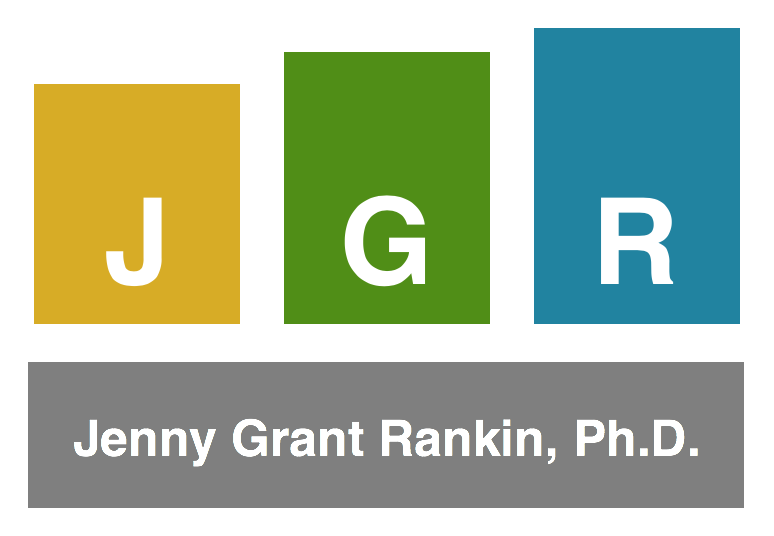









































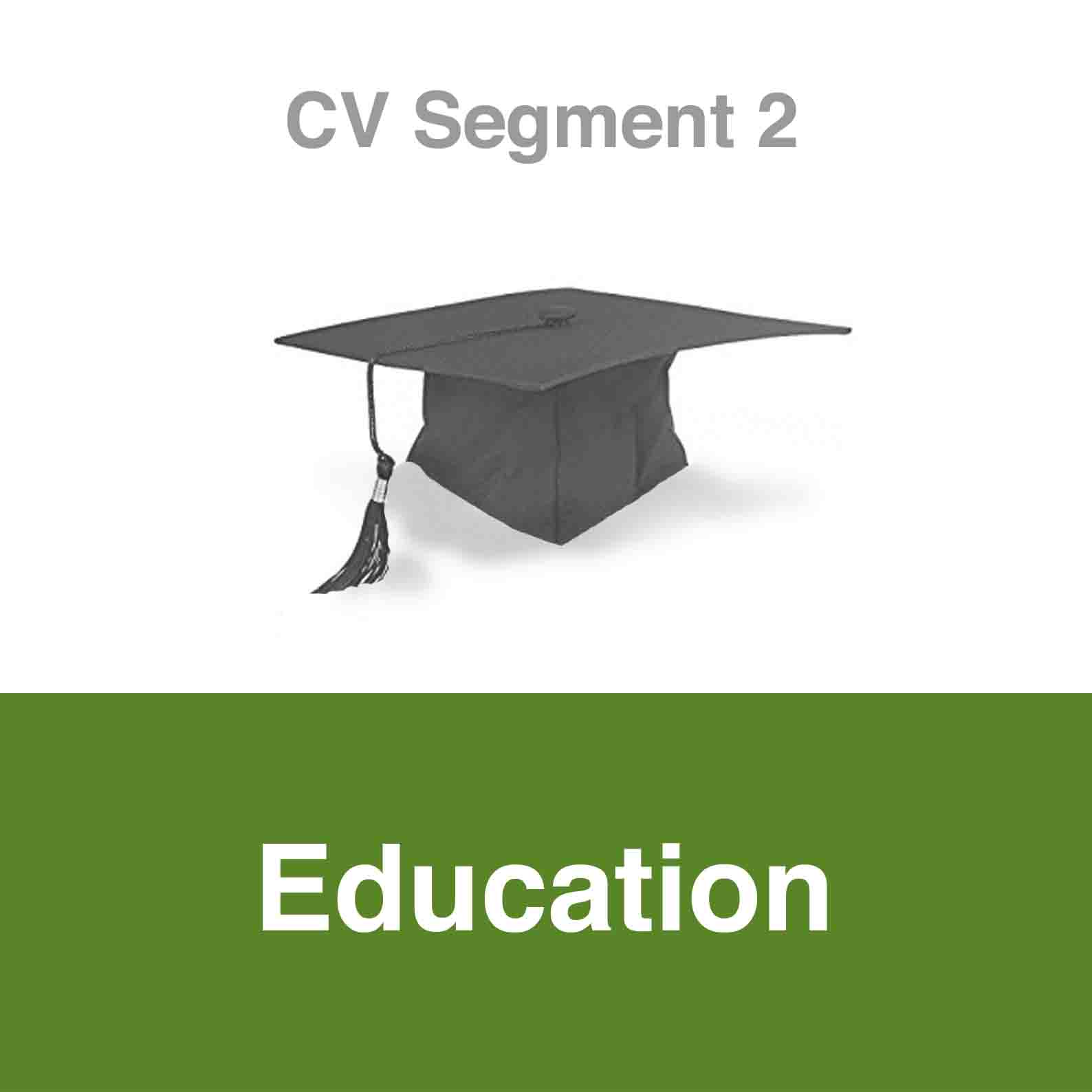

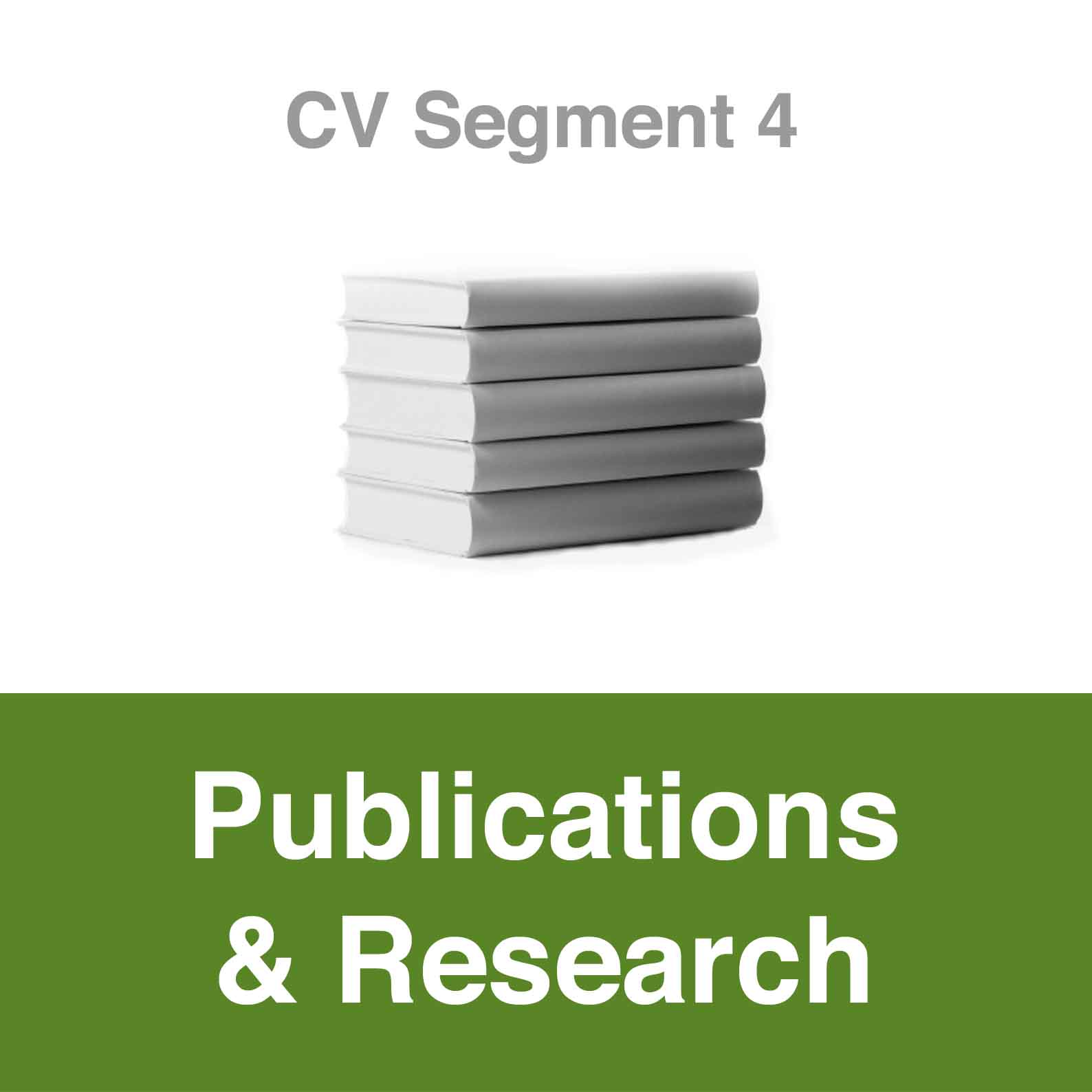




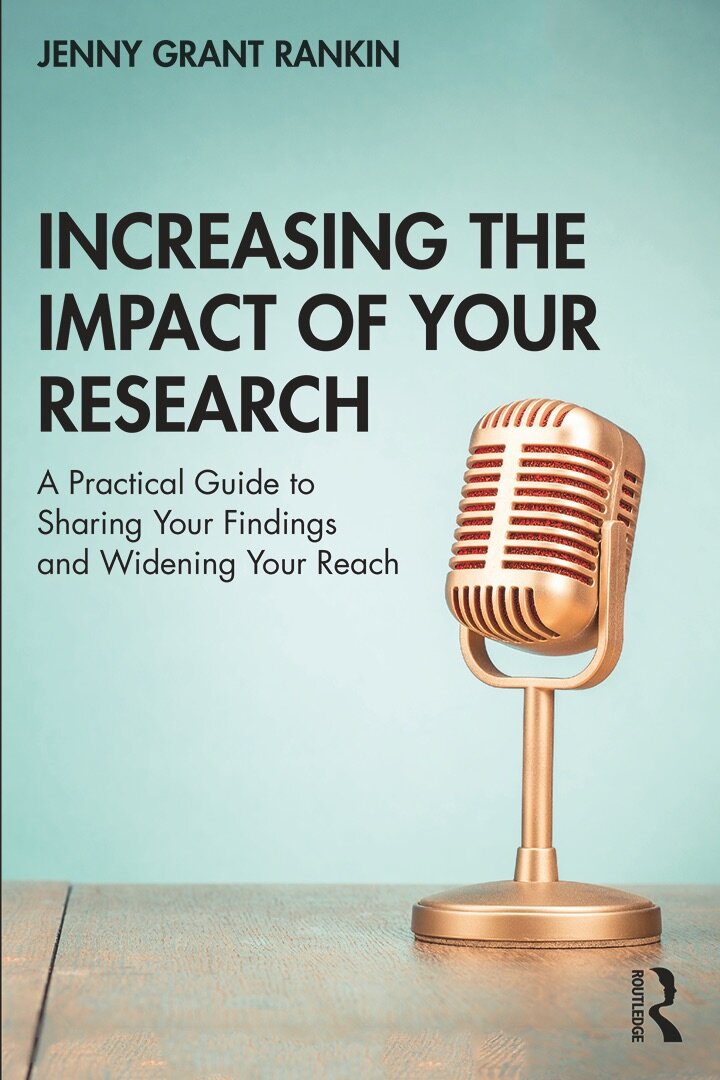
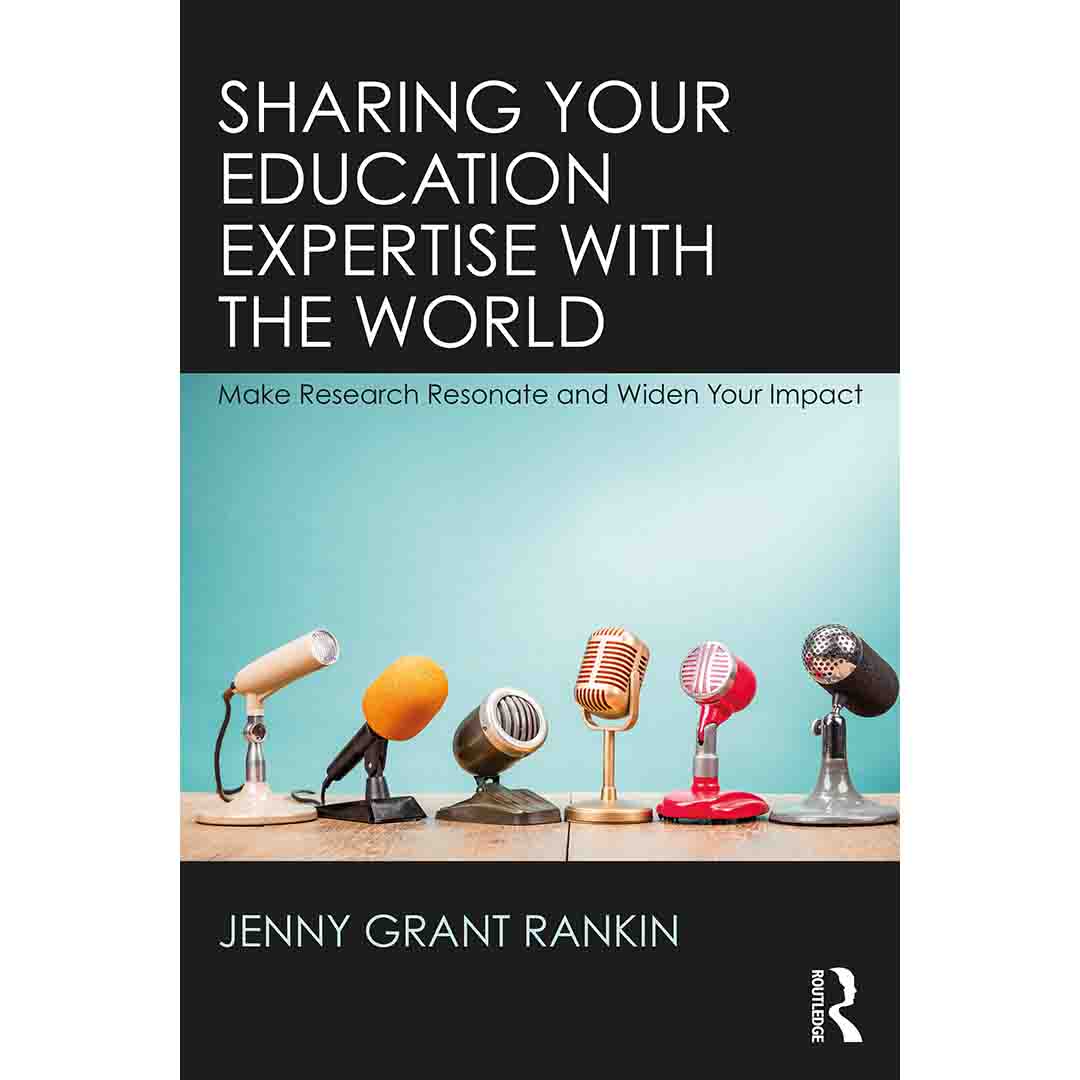
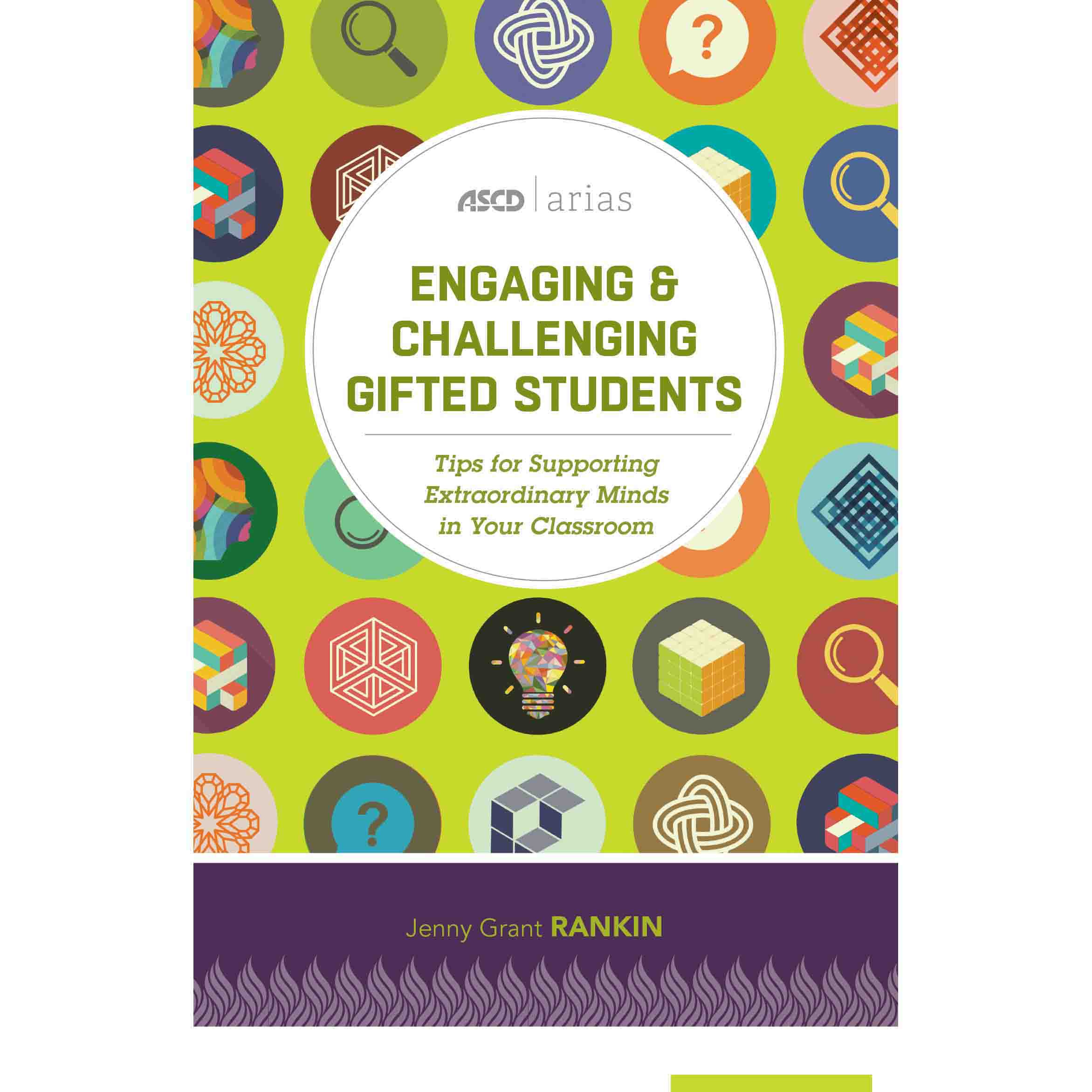
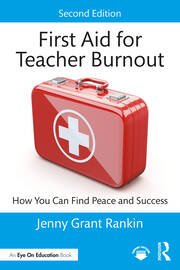
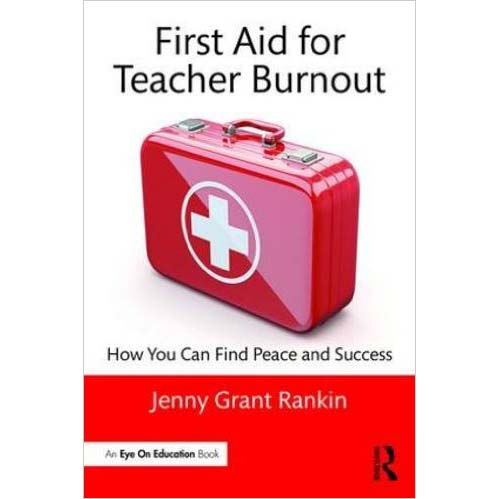
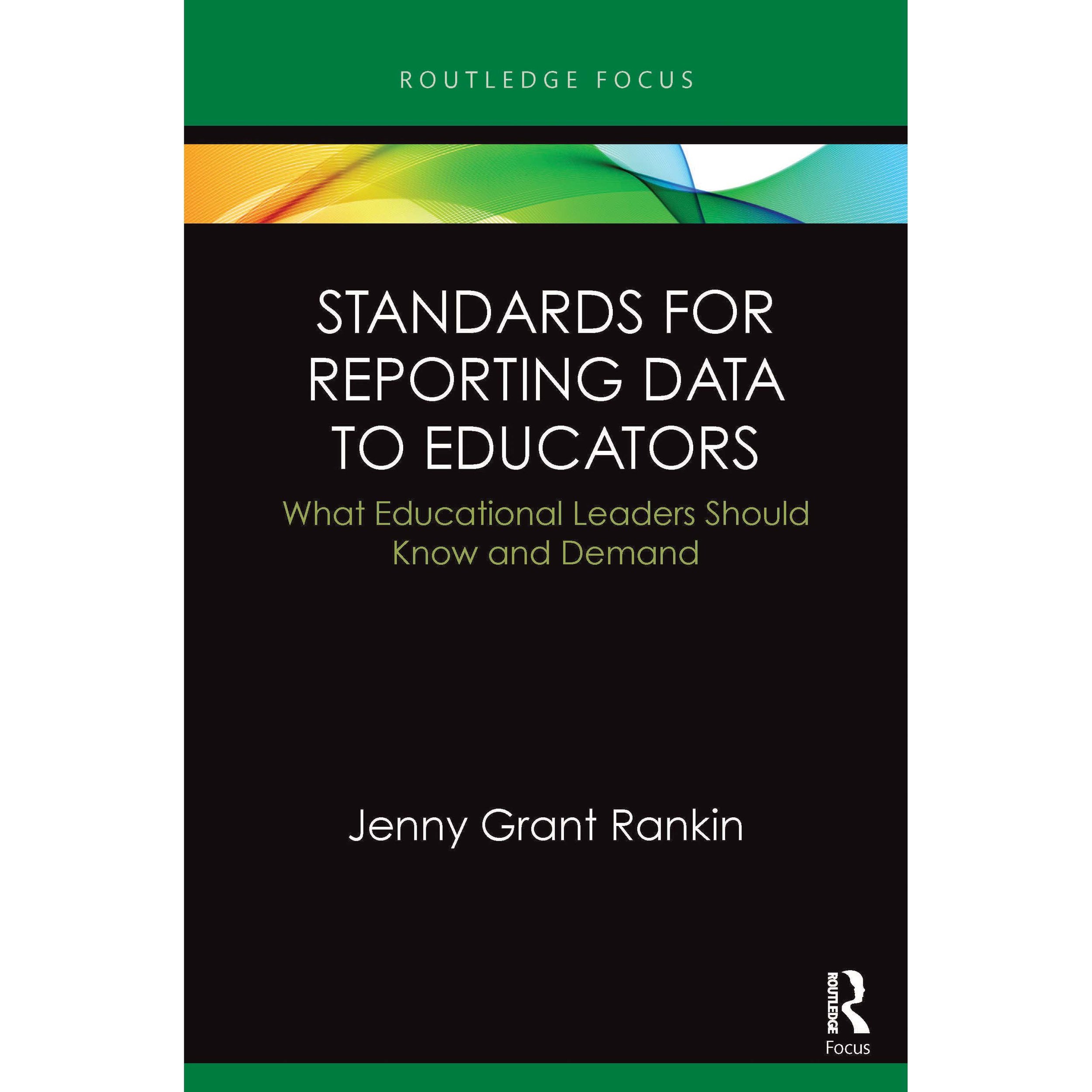
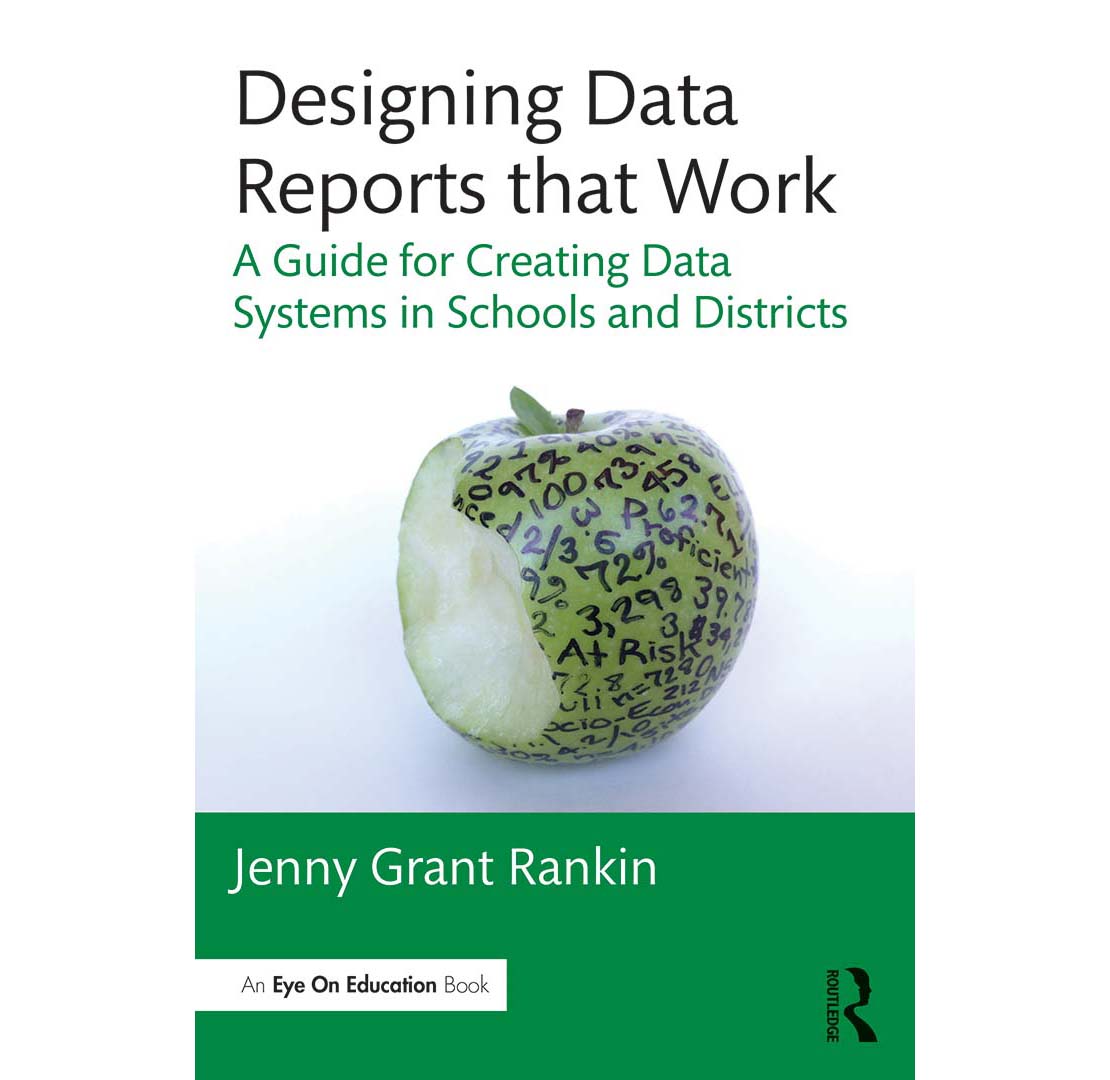
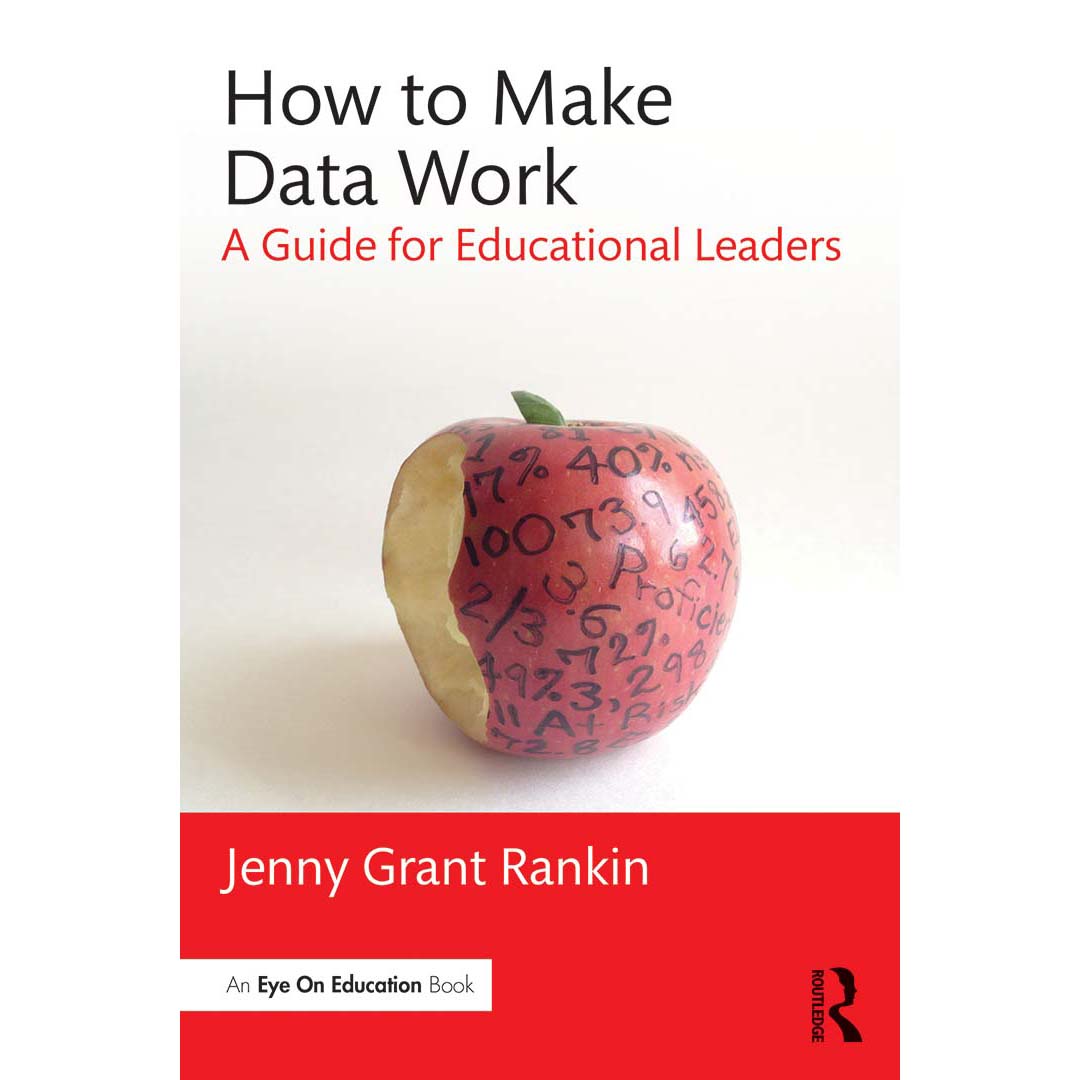
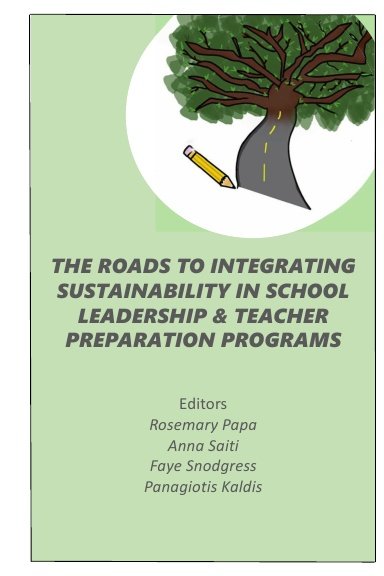
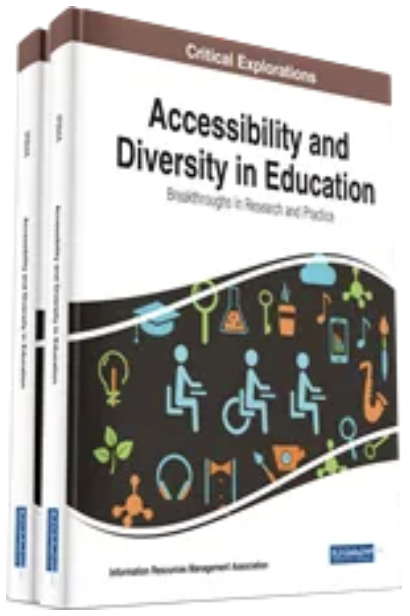
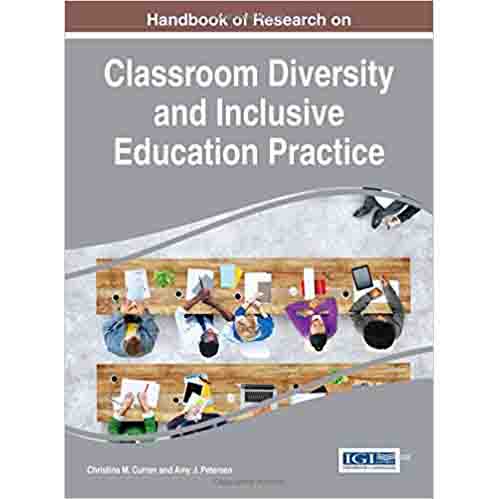
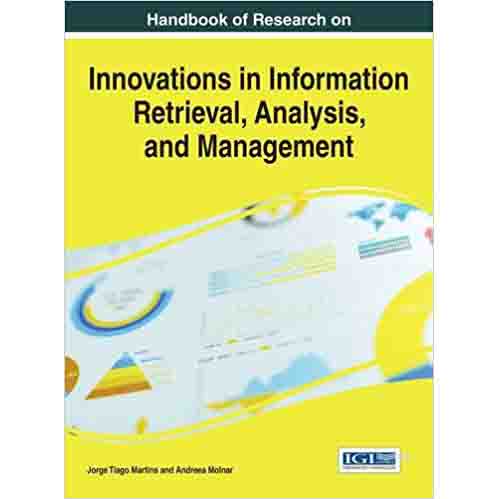
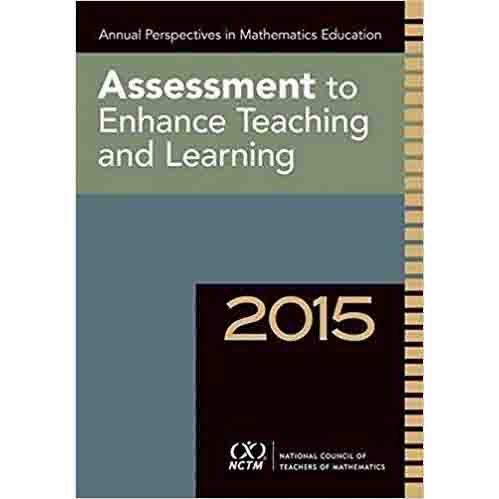
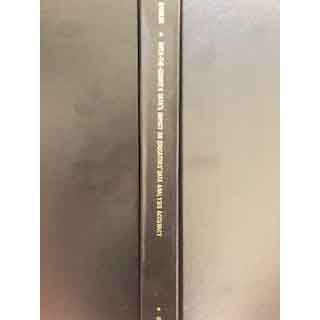






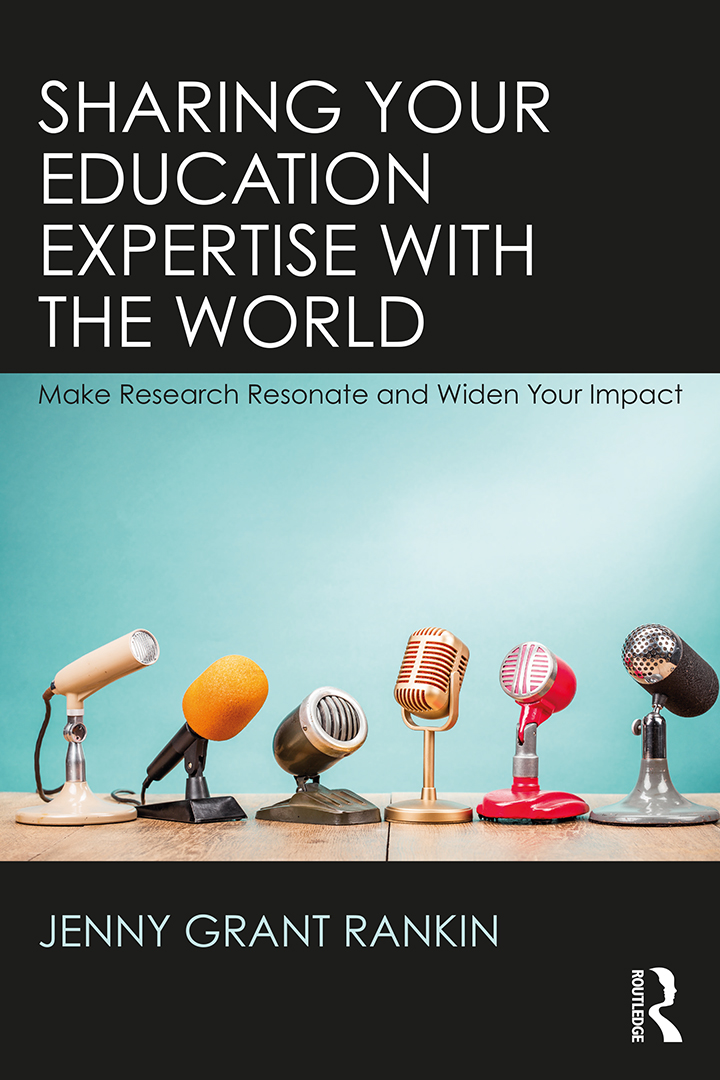
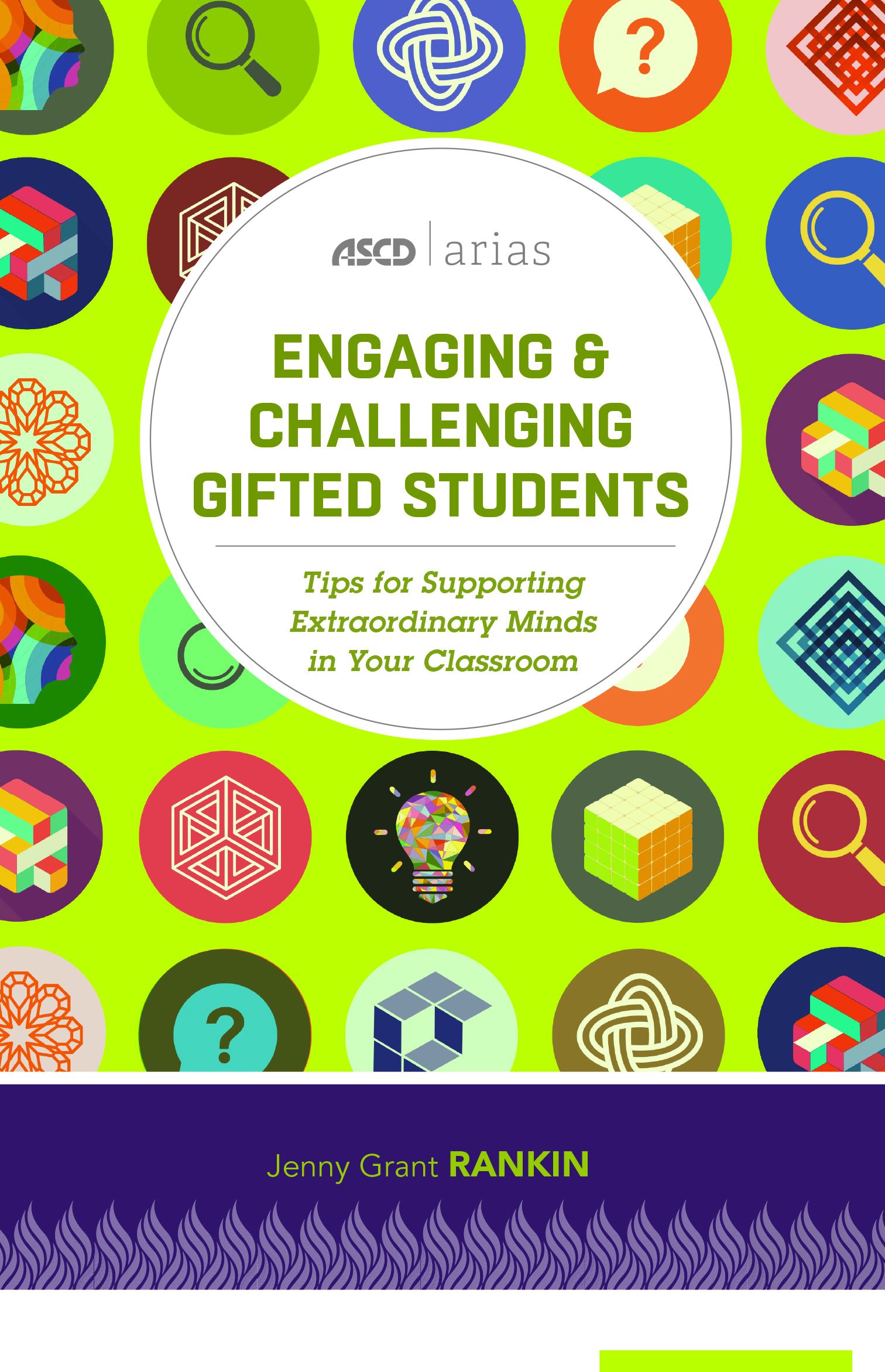
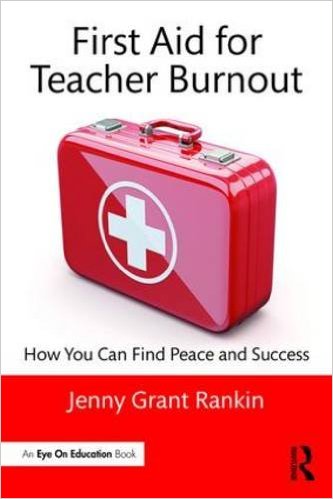

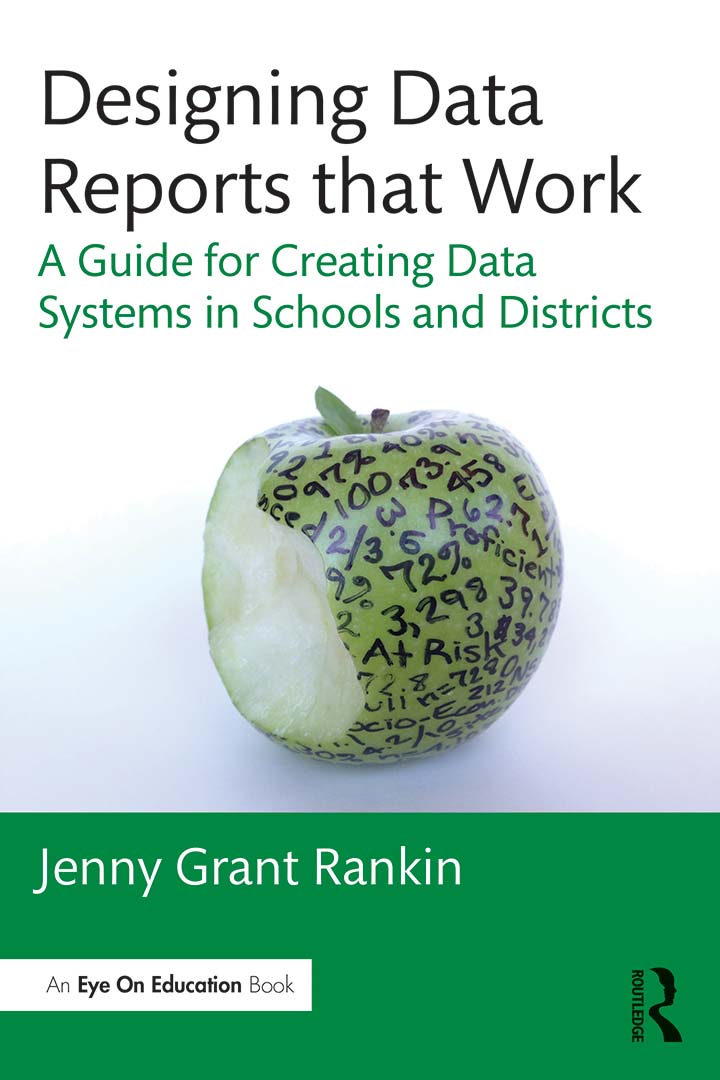
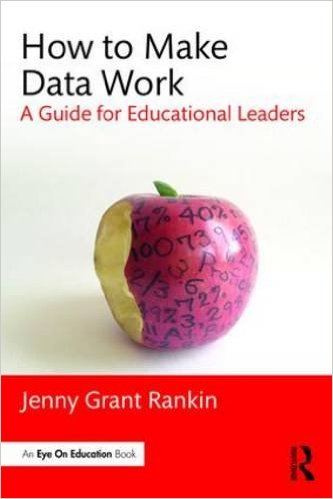

Dr. Jenny Grant Rankin can be reached at drjrankin@gmail.com. Dr. Rankin is a Mensan with 2 doctorates: a PhD and LHD. She is a former Fulbright Specialist for the US Department of State who lectures (e.g., at the University of Cambridge, the University of Oxford, Columbia University, US federal agencies, etc.) and delivers keynote/plenary presentations at major conferences. She has written 14 nonfiction books, and she writes an ongoing online column for Psychology Today. Dr. Rankin was honored multiple times by the US White House and is regularly featured in the media. See www.jennyrankin.com/press for press kit.